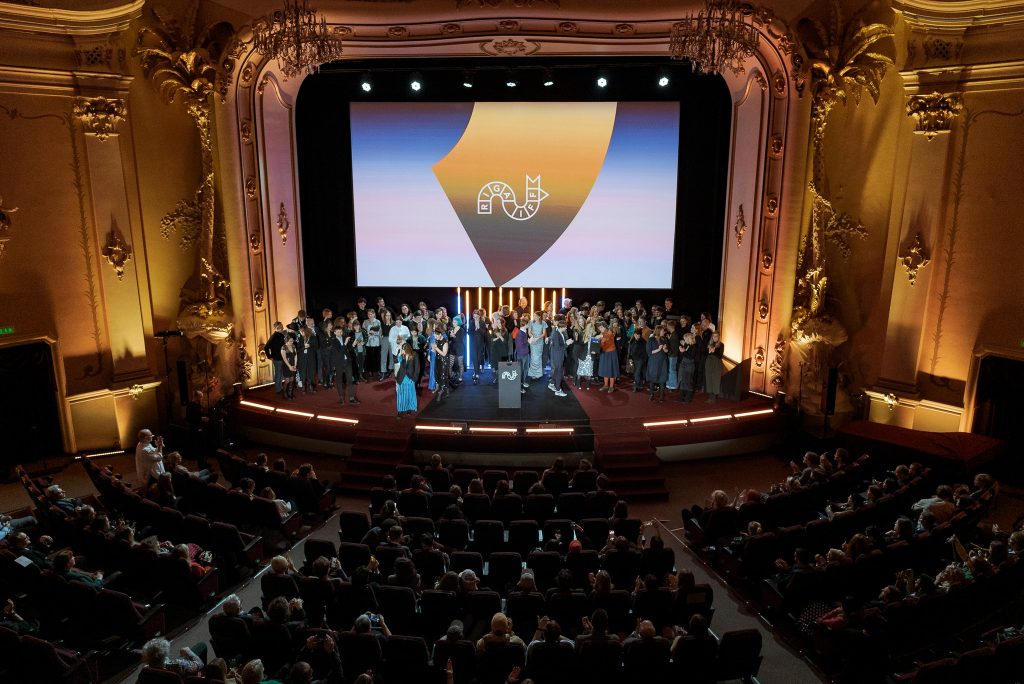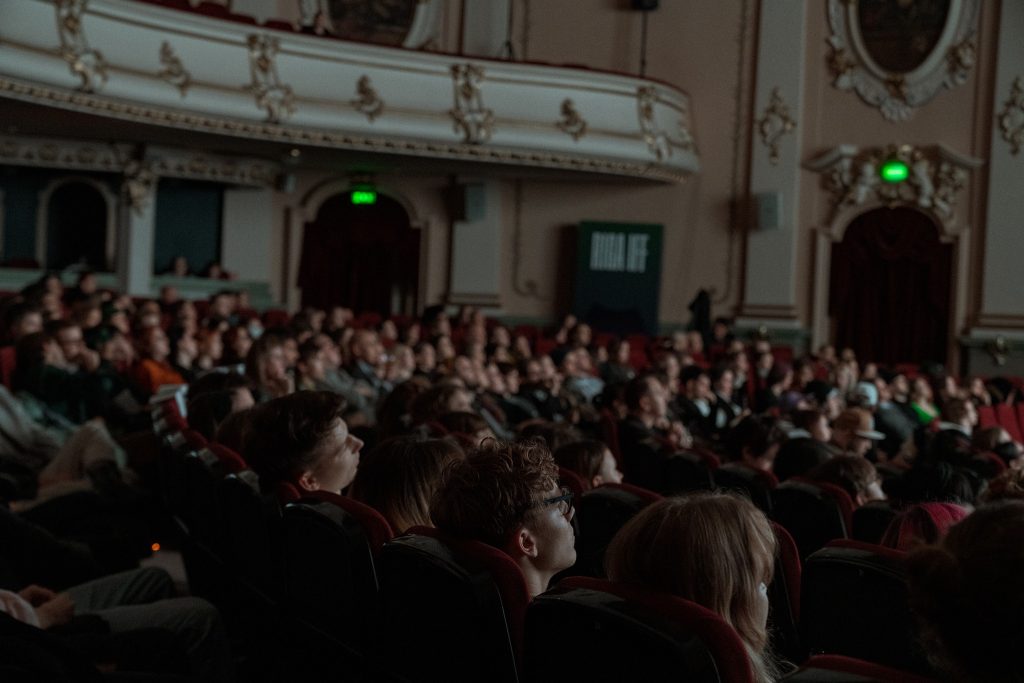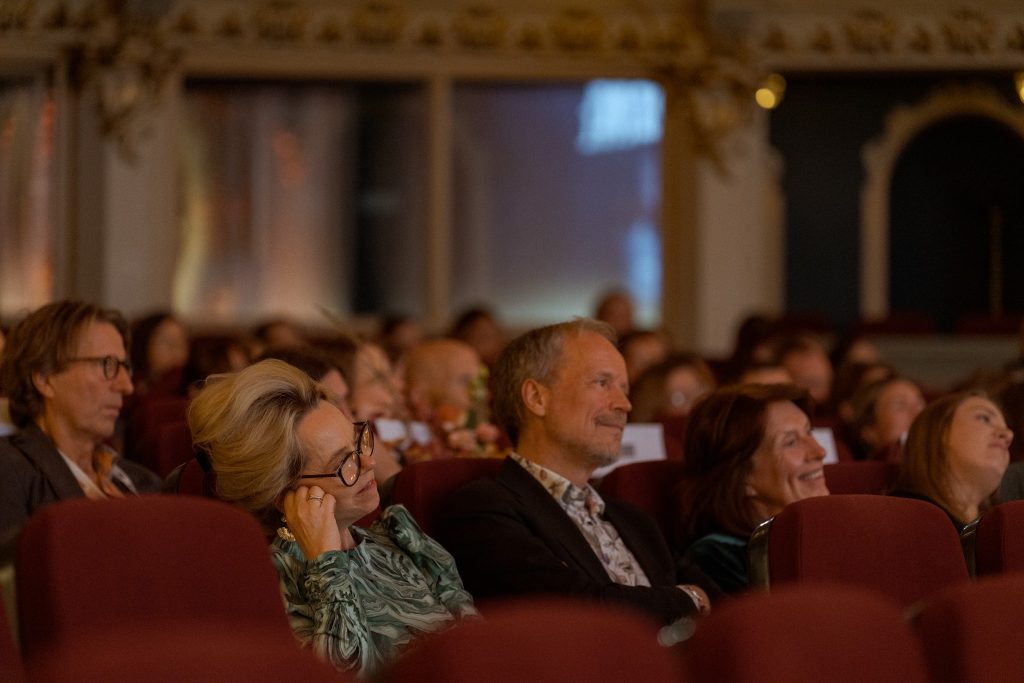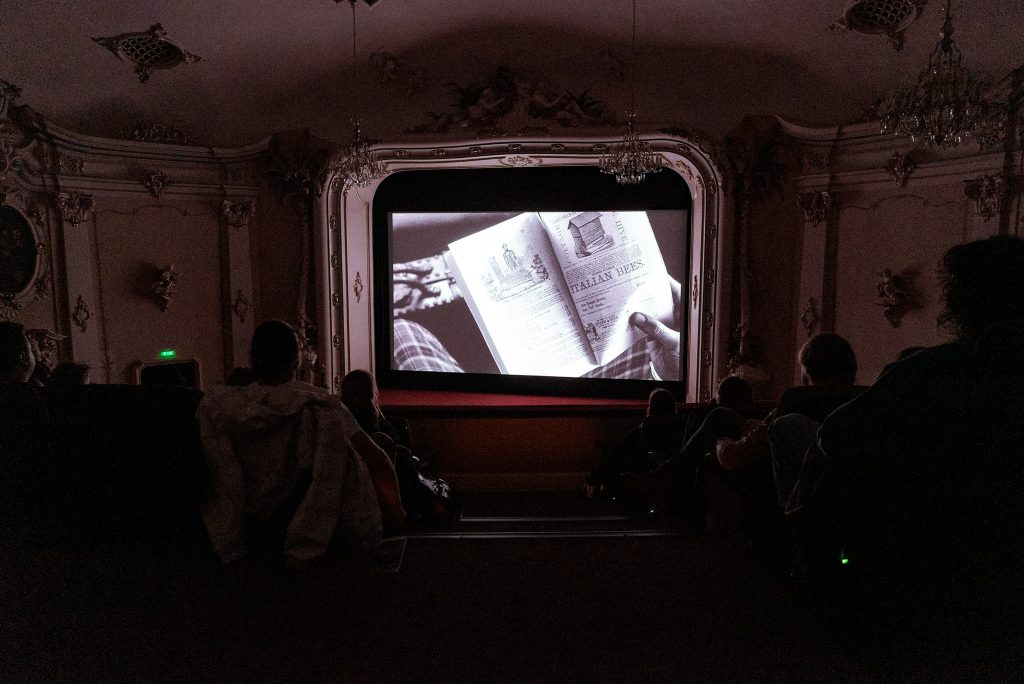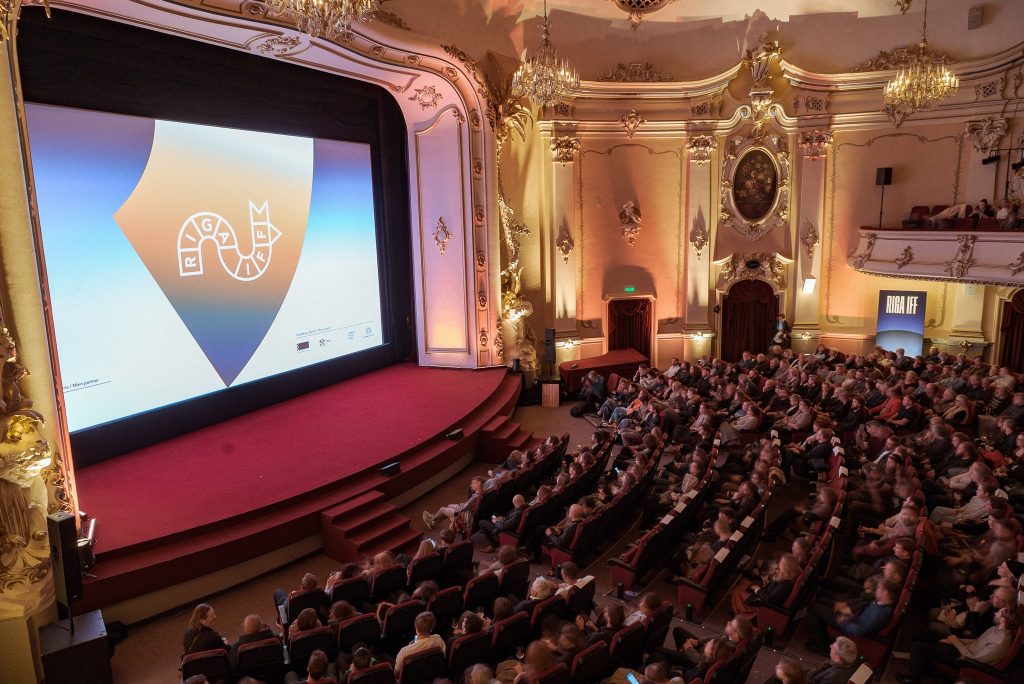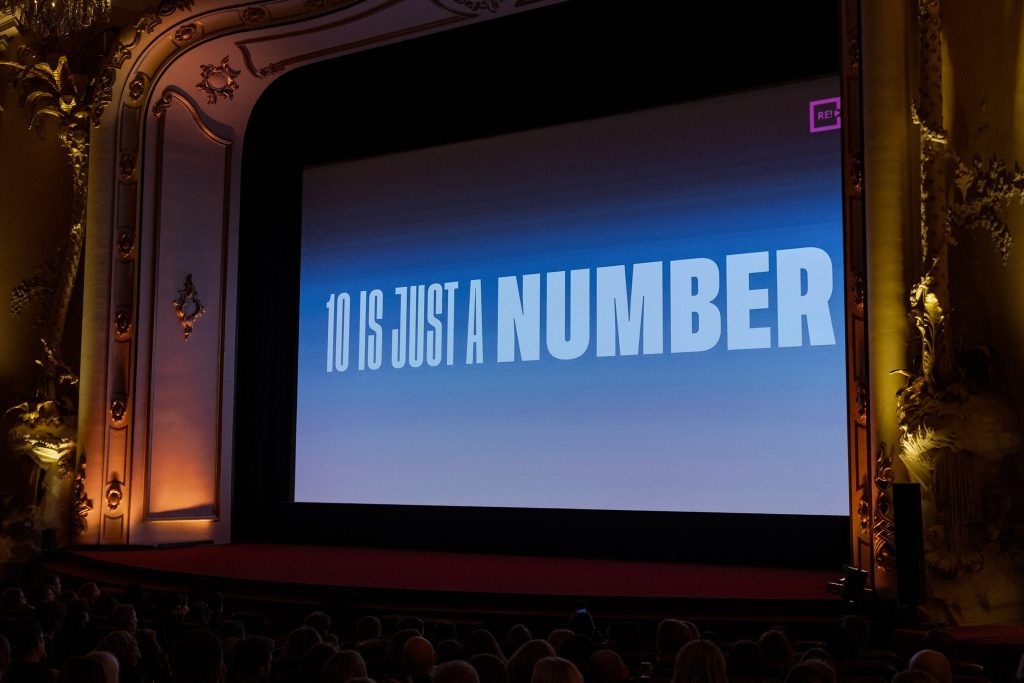Film Moves Through Time and it Moves You: In Conversation With Léo Soesanto and Lauma Kaudzīte
03. November
Once again, ZFF’s audience will have the chance to see the selection of fresh titles from the just concluded tenth International Film Festival in Riga. We talked to the selectors of short films, Léo Soesanto and Lauma Kaudzīte, about the anniversary edition of the festival.
Riga International Film Festival was established in 2014 and in ten days it will mark its jubilee tenth edition. How would you describe Riga IFF’s main mission?
Léo Soesanto: I would say the Riga IFF’s goal is to show the best films, what cinema can offer in terms of possibilities. And these are the best films from the present, from the festival season, but also from the future, if we consider the industry side where we showcase work-in-progress shorts. The festival organizes retrospectives too: last year, it was Pier Paolo Pasolini; this year, it’s Jim Jarmusch. So I guess there’s an edge in what the festival picks, with an emphasis of course on the Northern European space. Latvia belongs to the Baltic countries, which are close to Nordic countries, so there’s definitely a northern wind of fresh air in what the festival does.
What do you find particularly interesting in the short film as a form?
Léo Soesanto: I appreciate above all its freedom and the artistic outcome from limited and restricted means (time, money) — both reasons are not mutually exclusive. I like it when the restriction of the format still leaves blank spaces in the narration and that it doesn’t bother me, because the filmmaker trusts me to fill them with my own imagination or, even better, because she/he/they don’t care. Isn’t it great that one of the greatest pieces of filmmaking is a short which is made of still photos (La Jetée (1962) by Chris Marker)? They’re not strictly moving images — it’s like a Powerpoint presentation or scrolling pics on Instagram. But the film does move through time and it moves you.
Léo, you joined the Riga IFF’s short film program team last year, after years spent at Cannes’ Critics’ Week and International Film Festival Rotterdam. What ideas or conceptions would you like to grow on your mission in Riga?
Léo Soesanto: I try to apply in Riga what I learned — and I’m still learning — in the previous festivals I’ve worked for. Which is having the most balanced, inclusive and surprising (I hope) program. In terms of growth, my goal as a curator would be of course adding more films, more programs!
Lauma, you are currently Riga IFF’s Short Film Coordinator. What does that mean in practice? What does your role include?
Lauma Kaudzīte: I imagine my role as the connecting point, the bridge if you will, between the filmmakers and audience. I have to make sure that there are films to watch and that there is an audience for said films. The person who ties it all together.
A jubilee edition of Riga IFF’s has just been held. Can you pick out specifics and some of your personal favorites from this year’s program?
Léo Soesanto: We’re celebrating the 10th anniversary of the festival, so it felt natural to select 10 films for the Latvian competition. It’s both a good reality check and a showcase of the strengths and diversity in the Latvian short film scene. Among them, I would highlight Resistance is Futile by Armands Začs, which is a personal story which will move anyone feeling melancholic — in Latvia, anywhere — about passing time and unfulfilled dreams. In the International Competition, we’re very proud to show the world premiere of The Convent Gardner by Patricia Neves Gomes, which is very sensual, subtle and playful.
Lauma Kaudzīte: Indeed, we have several world, international and European premieres selected at the Short International Competition, so I would start with those! And overall – there are strong female voices selected at both lengths – short and feature, so I would suggest discovering those.

